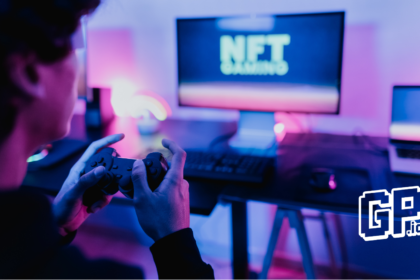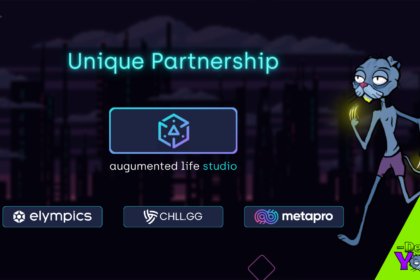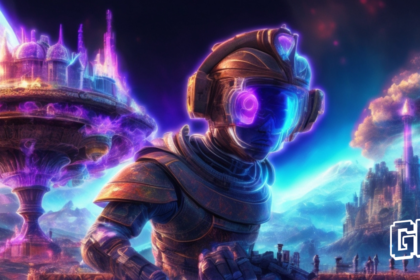In the world of blockchain and decentralized applications, smart contracts have emerged as a powerful tool for creating trustless and transparent interactions between parties. Web3 gaming, the latest evolution of online gaming that leverages blockchain technology, is one of the most promising areas where smart contracts are being used to create a new generation of fair, secure, and engaging games.
In this article, we will explore some of the most exciting use cases of smart contracts in Web3 gaming and how they are transforming the industry.
Player-owned economies
One of the main advantages of Web3 gaming is the ability to create player-owned economies where players can own, trade, and exchange in-game assets and currencies without the need for a central authority. Smart contracts provide the infrastructure for creating these economies by enabling the creation of digital assets that are verifiably scarce, transferable, and programmable.
For example, games like Axie Infinity and Decentraland have created thriving economies where players can own and trade virtual land, weapons, and creatures. By using smart contracts to enforce ownership, transfer, and exchange rules, players can have full control over their assets and be confident that they won’t be stolen, duplicated, or lost.
Decentralized marketplaces
Another exciting use case of smart contracts in Web3 gaming is the creation of decentralized marketplaces where players can buy and sell in-game assets and currencies with each other without the need for intermediaries. By using smart contracts to manage the transaction logic, these marketplaces can ensure that trades are executed fairly and securely.
Games like Gods Unchained and Skyweaver have implemented such marketplaces where players can trade cards and other items directly with each other. These marketplaces also allow players to earn real money by selling their digital assets on secondary markets, creating new opportunities for players to monetize their gaming skills.
Fair gameplay
One of the biggest challenges in online gaming is ensuring fair gameplay where all players have an equal chance to win without cheating or exploiting. Smart contracts provide a solution to this problem by enabling the creation of trustless and transparent game logic that cannot be manipulated by players or game operators.
For example, games like ChainGuardian and Immutable X use smart contracts to enforce the rules of the game and ensure that all players have an equal chance to win. By storing the game logic on a public blockchain, players can verify that the game is fair and transparent, and that no one has an unfair advantage.
Community governance
Another interesting use case of smart contracts in Web3 gaming is community governance, where players can participate in the decision-making process of the game and have a say in its development and evolution. By using smart contracts to manage the voting and decision-making process, these games can ensure that the community’s voice is heard and that decisions are made in a transparent and democratic way.
For example, games like Axie Infinity and Alien Worlds have implemented community governance systems where players can vote on proposals and contribute to the game’s development. This creates a sense of ownership and engagement among players, and allows for the creation of games that are truly shaped by the community.
The revolutionary impact of Smart Contracts
Smart contracts are revolutionizing the world of Web3 gaming by providing a new level of transparency, fairness, and community engagement. By enabling player-owned economies, decentralized marketplaces, fair gameplay, and community governance, smart contracts are creating a new generation of games that are more engaging, more rewarding, and more fun to play.
As the Web3 gaming industry continues to grow and evolve, we can expect to see even more exciting use cases of smart contracts emerge, pushing the boundaries of what’s possible in online gaming.









